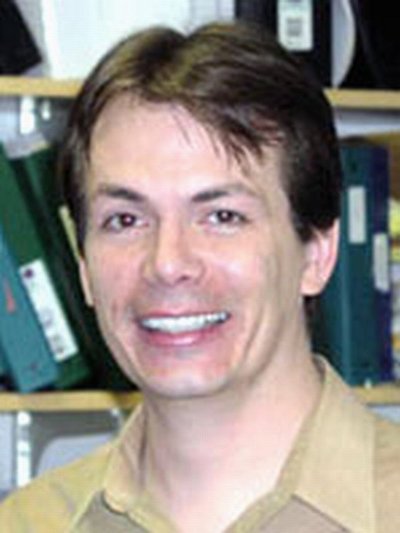January 24, 2008
Study links autism and genetic mutations
A genetic mutation occurring during embryo development at a particular point on a human chromosome may cause some cases of autism, scientists reported Jan. 9 on the New England Journal of Medicine Web site. Though the mutation was found in only about 1 percent of people with autism, the findings could bring about a new paradigm for the genetic basis of autism, according to an accompanying editorial co-authored by a UW genetics researcher.
The editorial was written by Evan Eichler, UW associate professor of genome sciences and an investigator of the Howard Hughes Medical Institute, and Andrew Zimmerman, associate professor of neurology and psychiatry at the Johns Hopkins University School of Medicine.
The study found a link between autism and genetic deletions and duplications, events in which large sections of genetic code are removed from or added to the genome. The mutations occurred at a point along chromosome 16. Researchers found that the DNA of the subjects’ parents was normal, suggesting that the mutation occurred in the genes of parental reproductive cells sometime before conception.
The findings support the belief among some researchers that large, spontaneous deletions and duplications may contribute to autism, Eichler and Zimmerman wrote. The research also indicates that, rather than being strictly an inherited disease, autism may also be caused by spontaneous deletions and duplications in mutation-prone areas of the genome, they argue.
The article and accompanying editorial were published online Jan. 9, and both are scheduled for the Feb. 14 issue of the New Journal of Medicine. The article is available online for people at the UW, and can be accessed at: http://content.nejm.org/early_release/#group01-09b.

